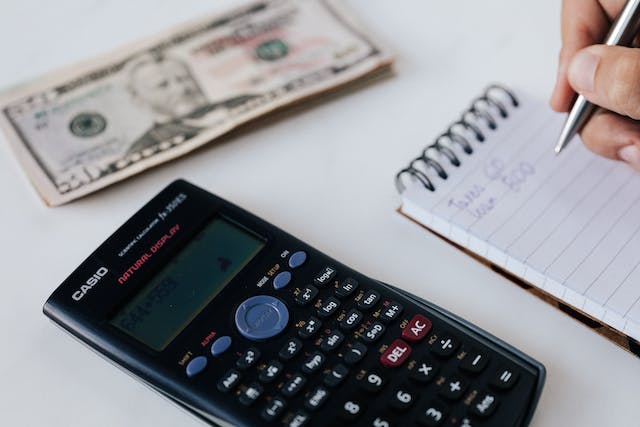
When you file bankruptcy, you’ll find that you can receive immediate relief. While filing will remain on your credit report for some time, this allows you the opportunity for a fresh financial start. However, you’ll discover that some loans cannot be discharged or forgiven. One debt you may wonder about is payday loans. Keep reading to learn more about this complex situation and discover how a Memphis, TN consumer bankruptcy lawyer can assist you with this process.
What Are Payday Loans?
Generally, people take out these loans to cover small expenses that pop up without warning, such as an emergency doctor’s office visit or car repair.
Payday loans are a common form of loan required to be paid back on the loaner’s next payday. Generally, these are for smaller amounts, typically $500 or less. To repay the loan, you will likely write a post-dated check or grant the lender access to debit your account. It’s important to consider that these loans often come with high fees and interest rates and fees.
To take out a payday loan, you must be at least 18 years old, have a checking account, and provide proof of your monthly and future income. Unfortunately, many are unable to repay these loans and end up taking out additional funds to pay off their previous ones. As such, this can become a vicious cycle.
Can They Be Discharged During Bankruptcy?
Generally, payday loans are unsecured debt, meaning they can be discharged when filing for bankruptcy. However, there is an important consideration you must make. Debts acquired within sixty to ninety days of the filing date are exempt from discharge. This is to prevent debtors from taking out loans they never intend to repay. Unfortunately, this can be tricky, as many use payday loans as a means to avoid bankruptcy.
If you took out payday loans well before you filed for bankruptcy, they can be forgiven when you file. If you file for Chapter 7 bankruptcy, you must list the loan as an unsecured debt on your bankruptcy petition. It is likely to be forgiven as it is not a priority and is unsecured.
During Chapter 13 filing, you’ll find that your payday loan debt is treated like any other. As such, they will be included in the repayment plan. However, if you file and qualify for a hardship discharge, you may be able to discharge a portion of the debt.
At the Arnold Law Firm, we understand how complex bankruptcy can be. That’s why we’re dedicated to helping you navigate these complicated situations. Regardless of your debt, we will work with you to help guide you through bankruptcy so you feel relief. Contact us today to learn how we can assist you through these challenging times.




